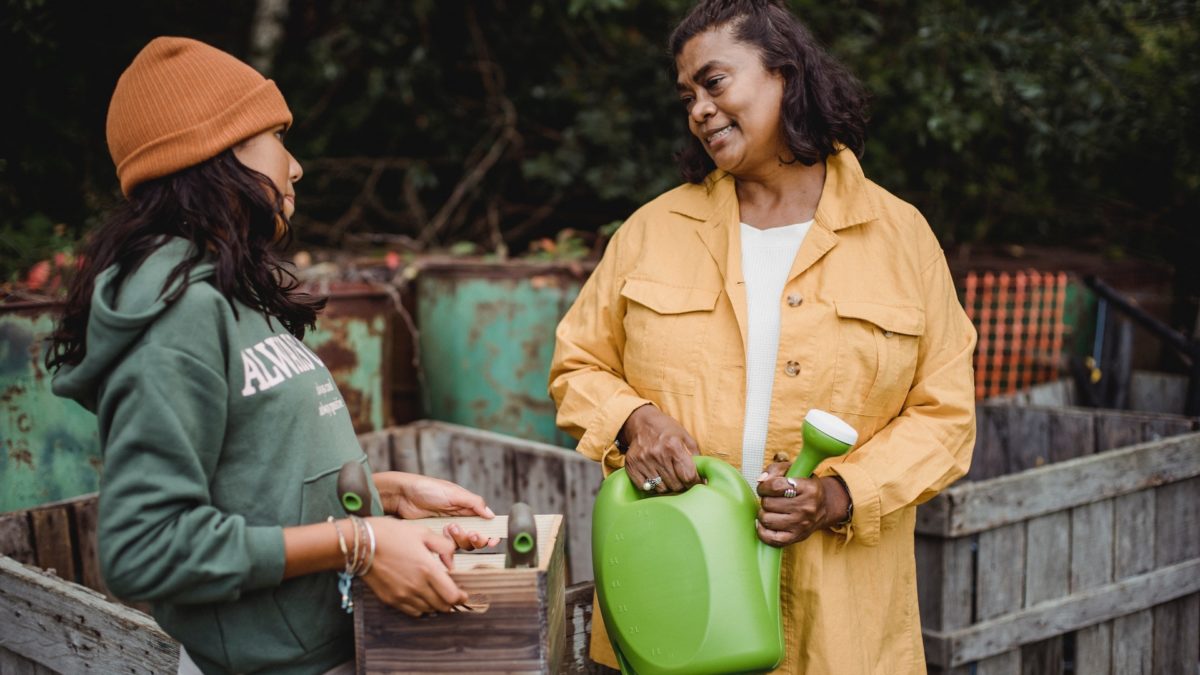Want to get more than a vague response when talking to your teen. Try these three questions.
At the end of a long day, communication with teens can be a challenge. A well-meaning “How was your day?” or “How was school?” elicits a vague “okay” or worse, no response at all.
For years, I’ve been suggesting that families take a slightly different approach. I advise them to use three simple questions, designed to help them focus on the positive things that are happening for them and their family.
These questions are designed to help your teen reflect on their day and cultivate a positive, grateful outlook on life. It’s so simple that everyone can do it, but not many actually do.
In the video below, psychologist Collett Smart explains five parenting tips to help you connect with teenagers.
What are these three thought-provoking questions?
They are:
- What are three things you’re grateful for today?
- What are two things you got right?
- What’s one good memory?
Now, these three questions aren’t anything particularly new. And sure, a few teens might roll their eyes at the thought of being asked these questions every single day. But get in the habit of doing it regularly, and even the toughest critics end up coming around.
1. What are three things you’re grateful for today?
Eventually, they’ll start to come up with answers like: “Well, the three things I’m grateful for are my friends, my football and my dog.”
Or perhaps it’s: “My three things are the lunch I had today, the bed I love more than life itself and my iPad.”
They’ll say silly things, materialistic things, school things and play things—but they’ll also come up with amazing things, like the 12-year-old who recently sat with me and said: “I’m grateful that I actually get to go to school because we had a boy come to our school who is from Iraq, and he couldn’t go to school because of war there. I can’t imagine that.”
Wow, what a great perspective to keep things real.
2. What are two things you got right?
The responses might be anything from “I got most of my maths exam right” to “a teacher really annoyed me but I responded right”, to “I talked to a new person today who didn’t seem to have any friends.”
3. What’s one good memory?
Finally, a good memory is something memorable that they did at some point in the day. It doesn’t have to be anything groundbreaking. It might be simply something like, “I did my first finger roll layup in basketball today”, or “I got top 10 in a test for the first time”, “We went swimming after school”, “I saw the moonrise” or “I got a new pair of shoes”. The list is endless.
The secret of these three questions
The 3-2-1 questions are relatively simple reflections, but their power is in their positivity. Over time, they’ll help to change a teenager’s brain by forcing them to notice what’s going right. The questions are designed to help them think about the positive aspects of themselves and their achievements, assess what has worked today, what they’re enjoying and how they’re having a good life.
By asking these questions to your teen, you’re helping them create a growth mindset while simultaneously increasing positive connection and communication between yourself and your teen. Plus, the questions don’t just work for teens—why not model the behaviour and answer the questions yourself, too?
Overall, the questions are a great way to talk and hear about what’s happening in your family’s day. More often than not, the process creates a snowball effect whereby more of their day, lives, relationships and inner thoughts are shared as you create a positive and safe environment for sharing and communicating. These are incredibly important skills that your teen will take with them throughout their adult lives.
So go on, start asking the 3-2-1 positive reflection questions to your teen today.
How helpful was this article?
Click on a star to rate it!
4.2 / 5. 5
Be the first to rate this post!
Dan Hardie
Related posts
Subscribe
Receive personalised articles from experts and wellness inspiration weekly!

